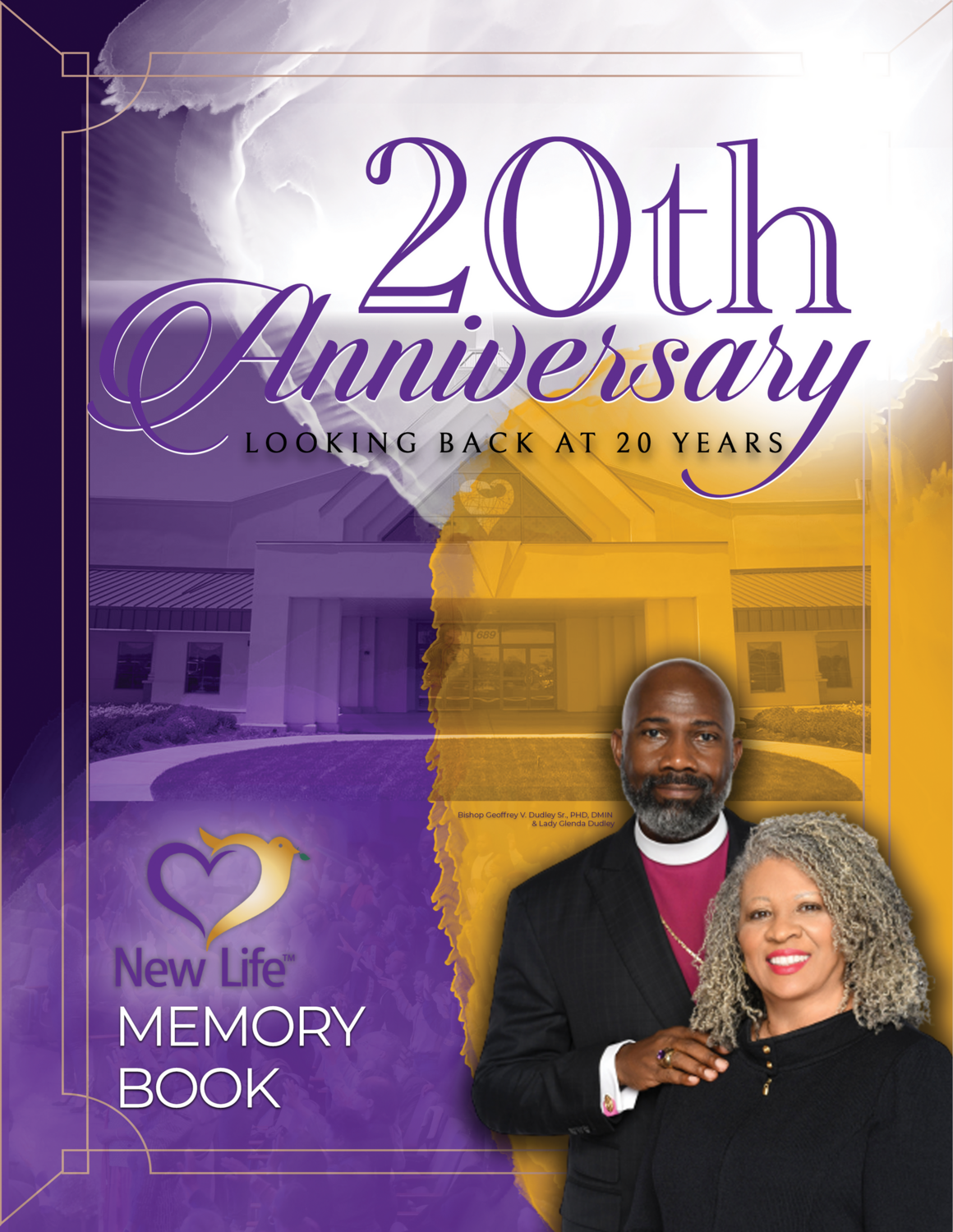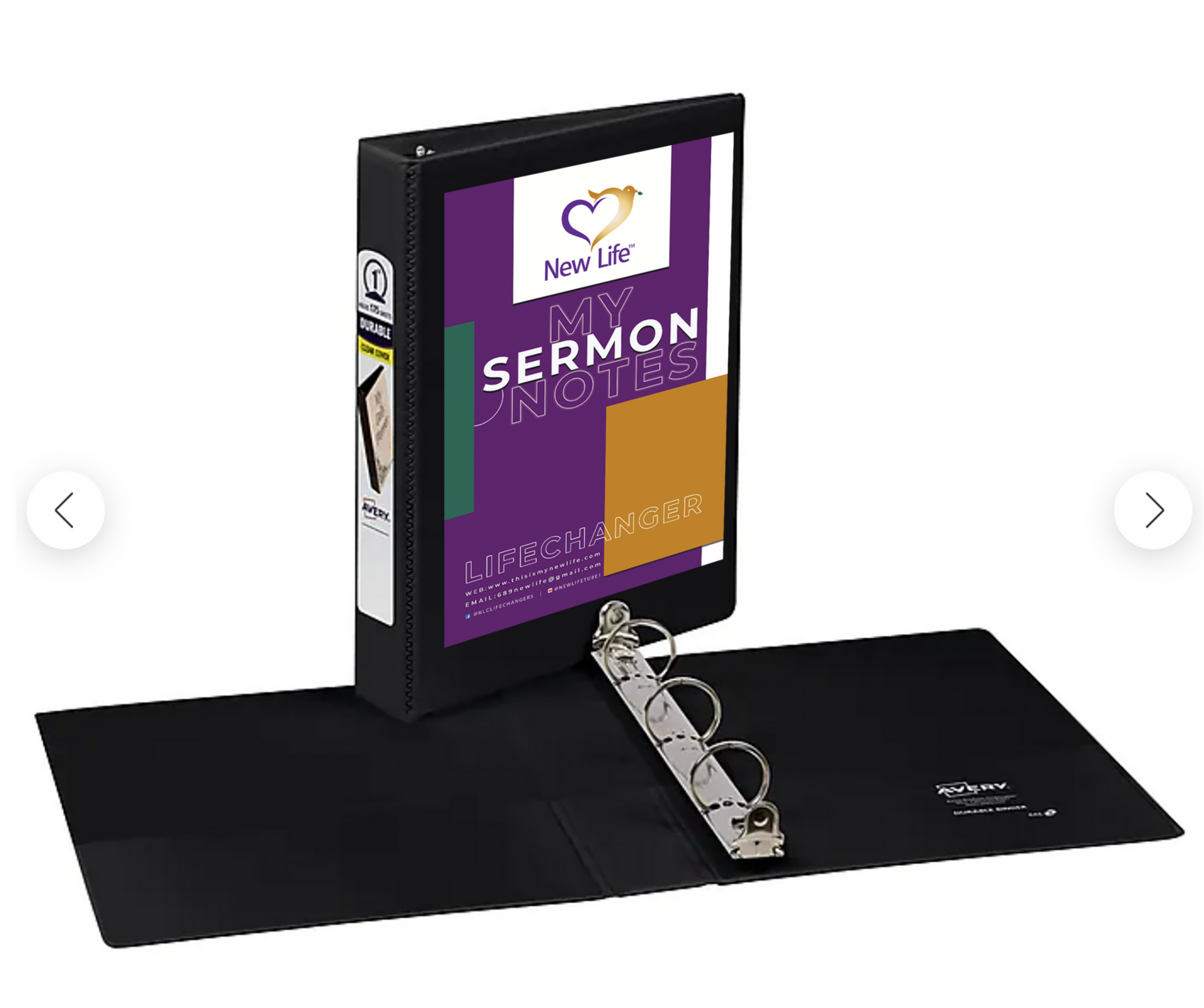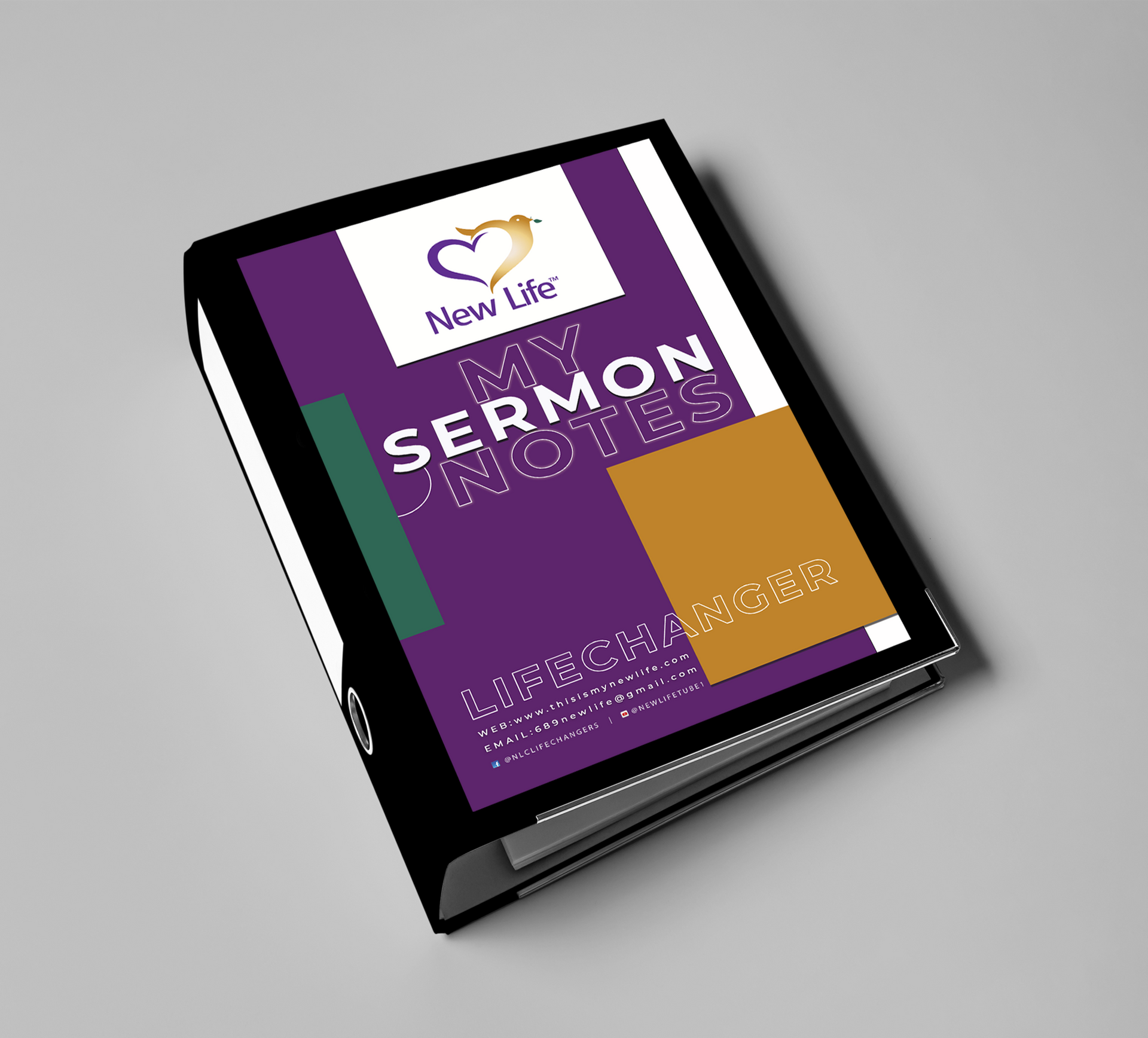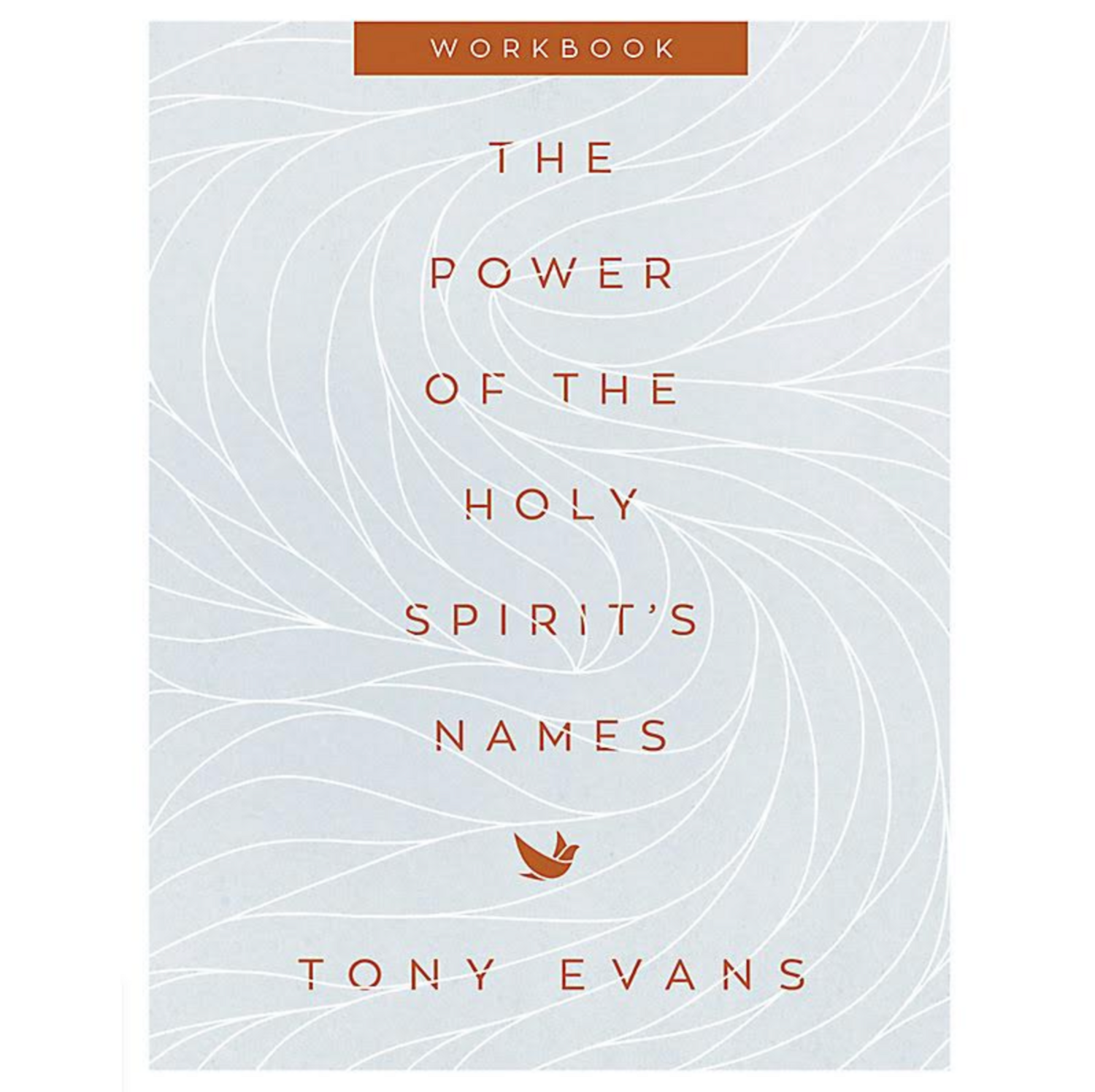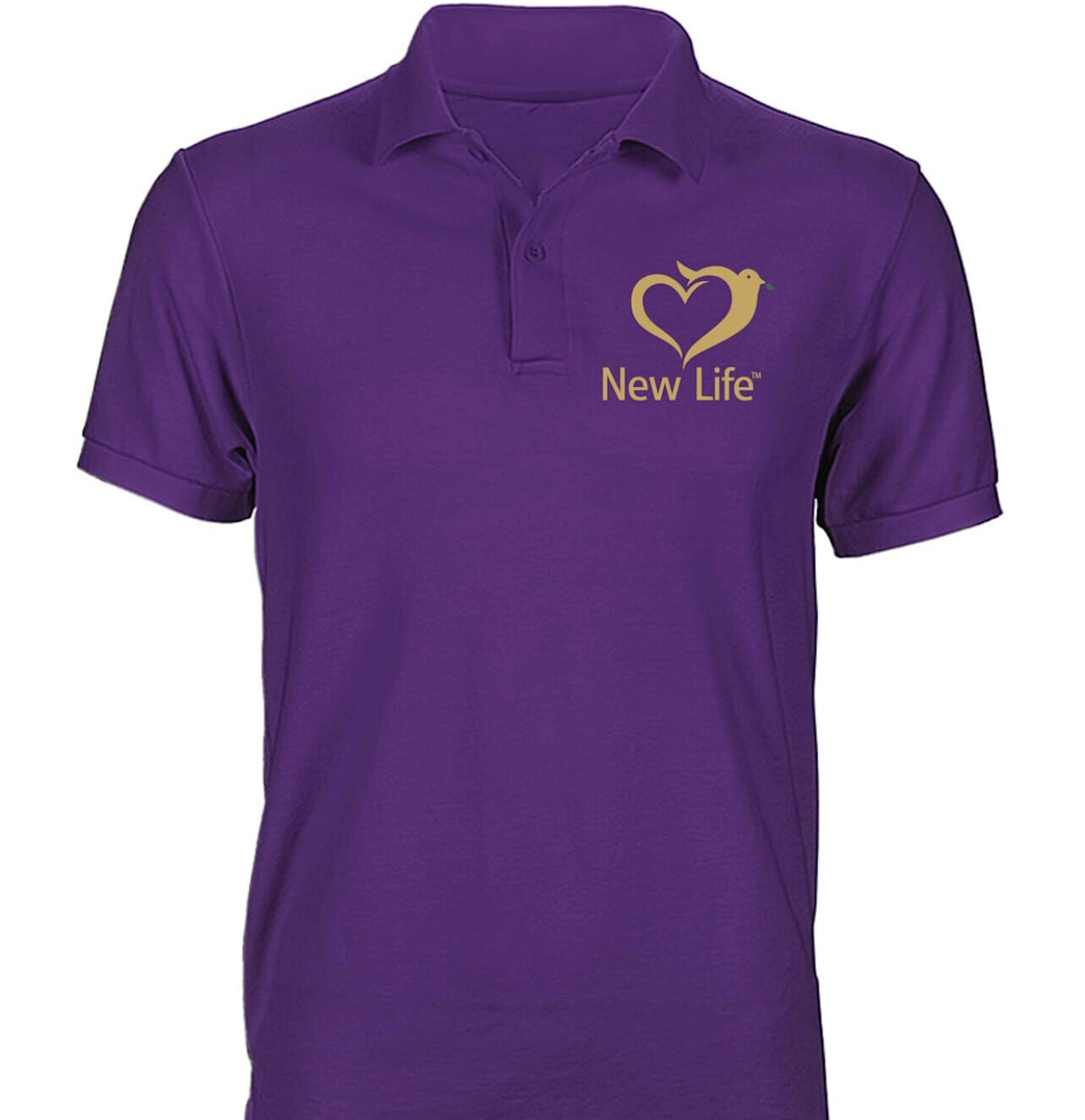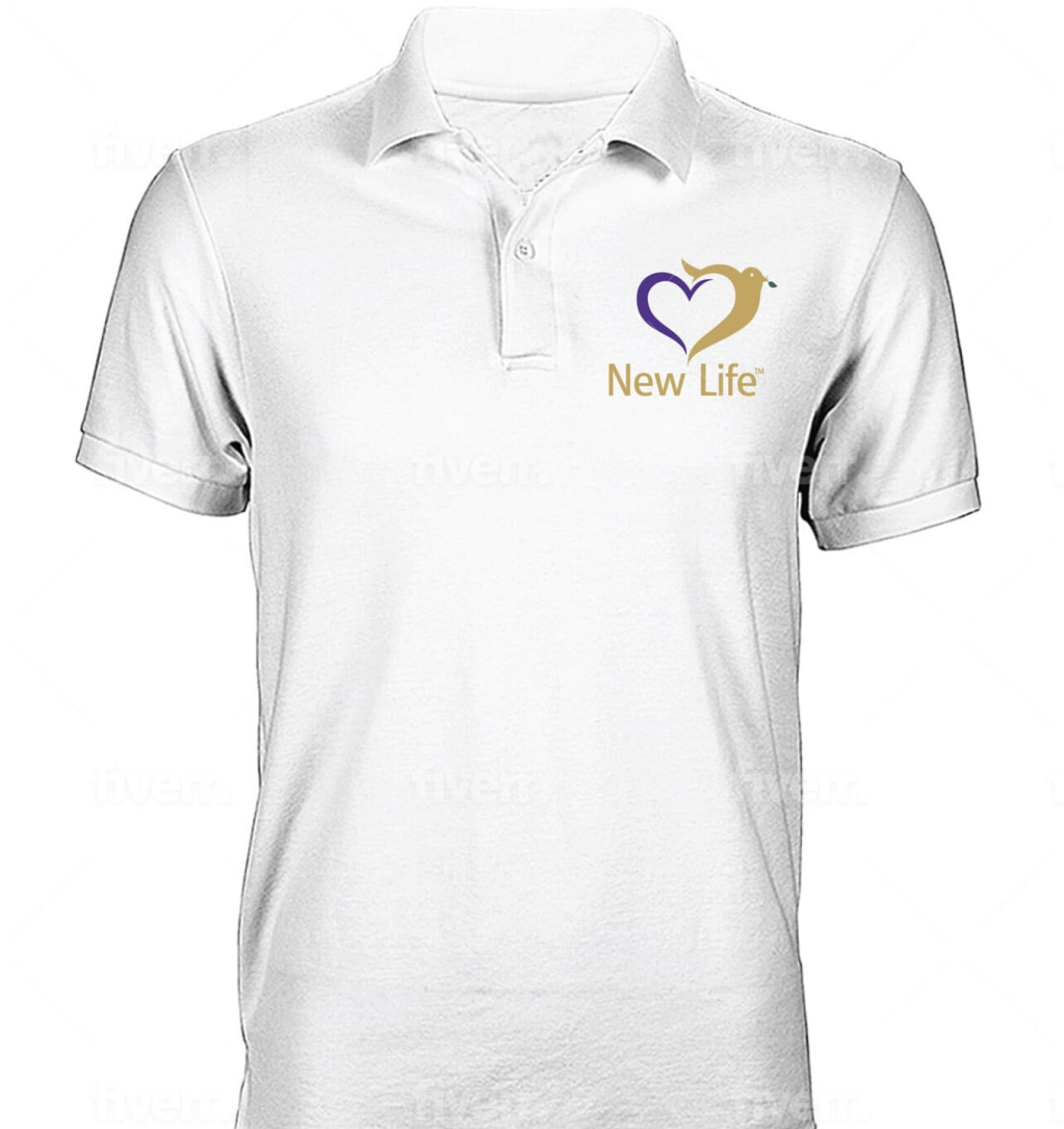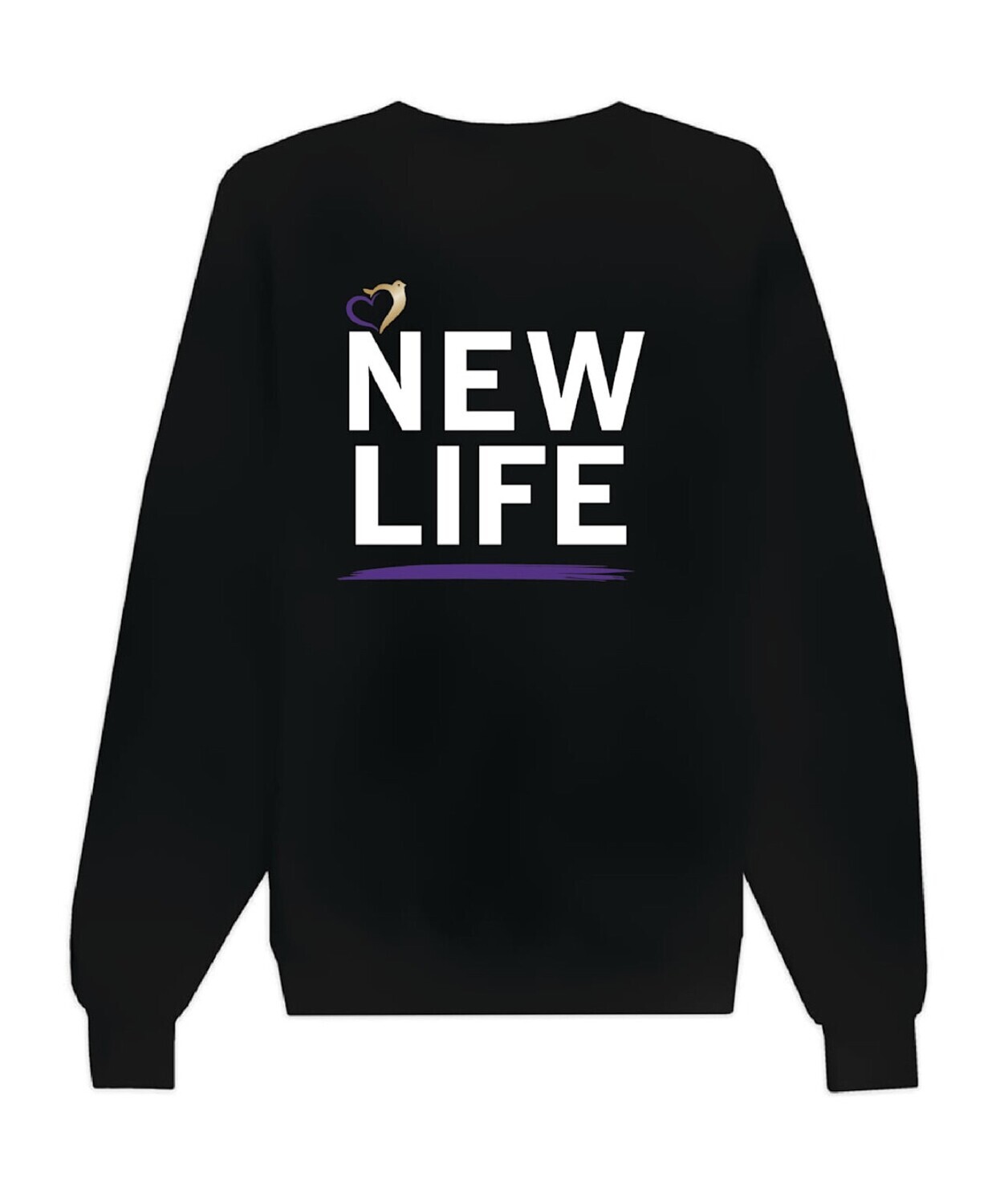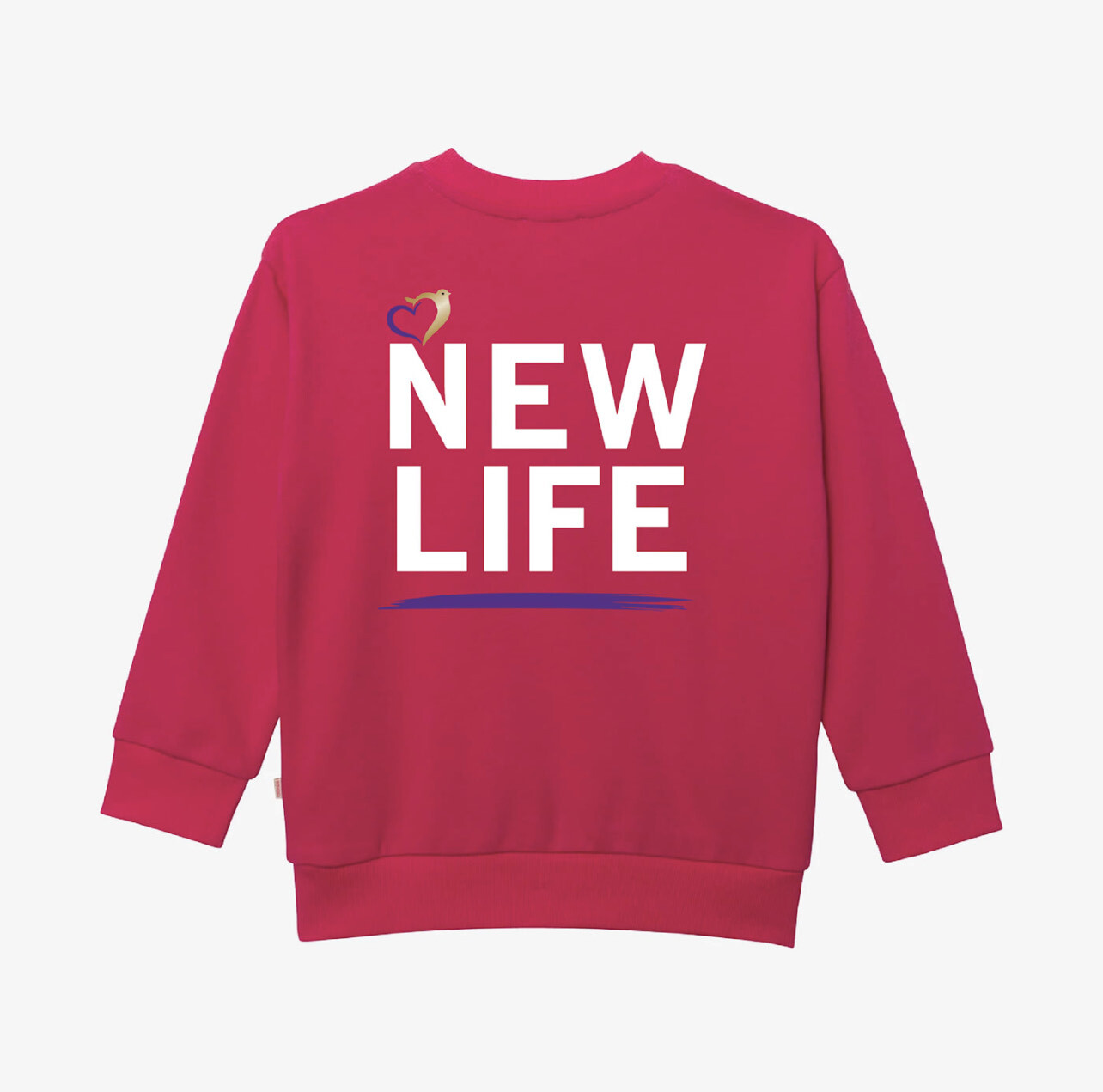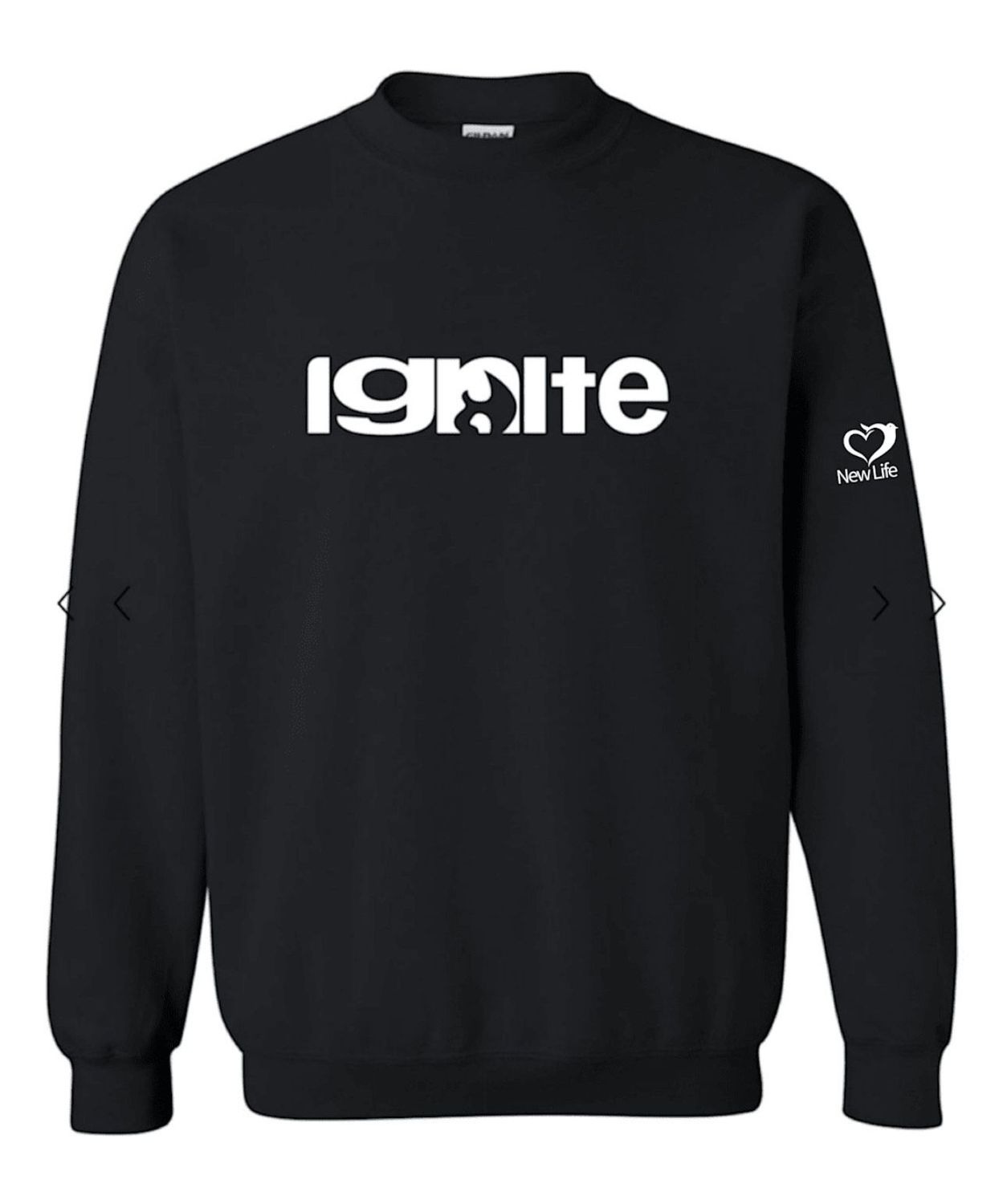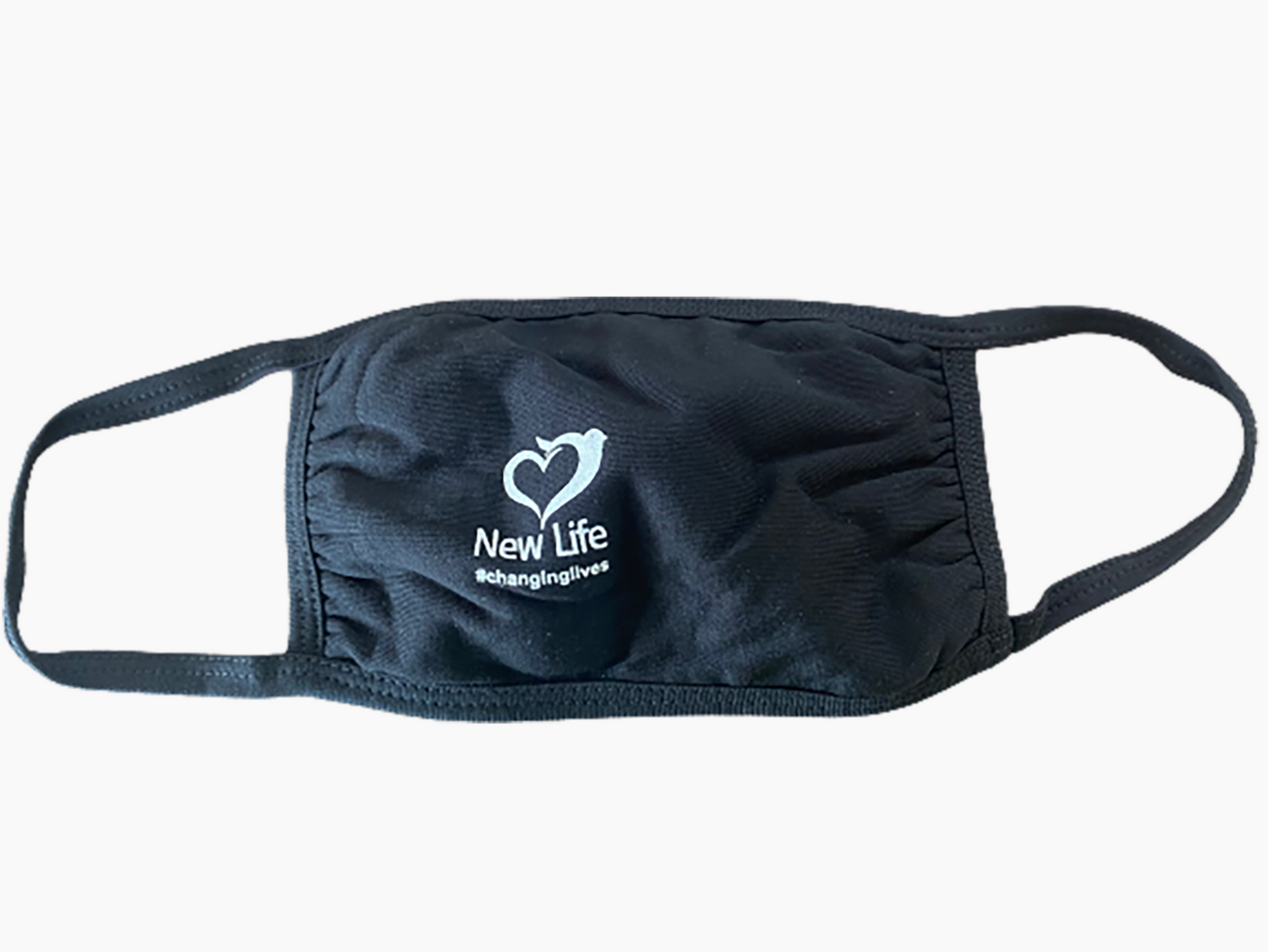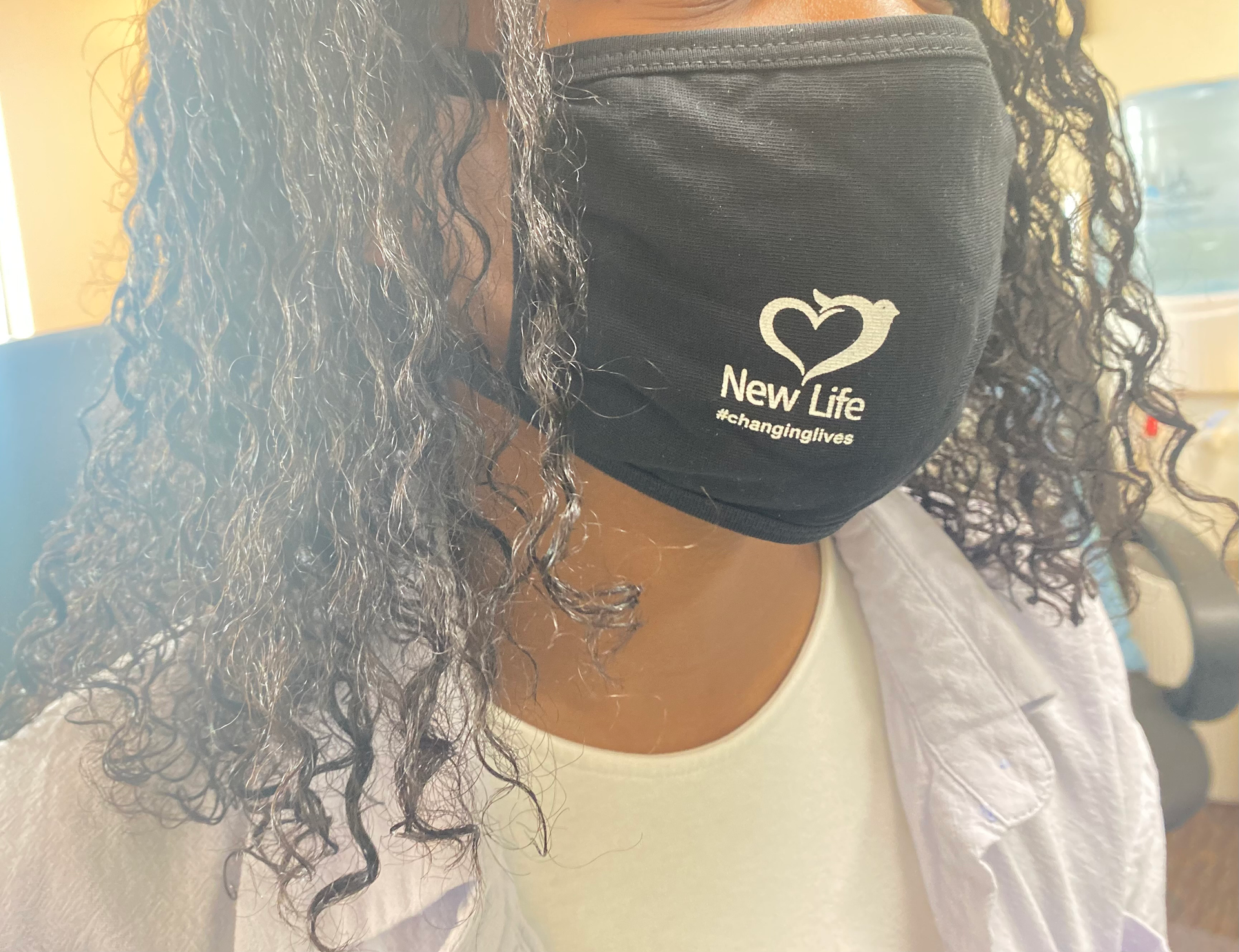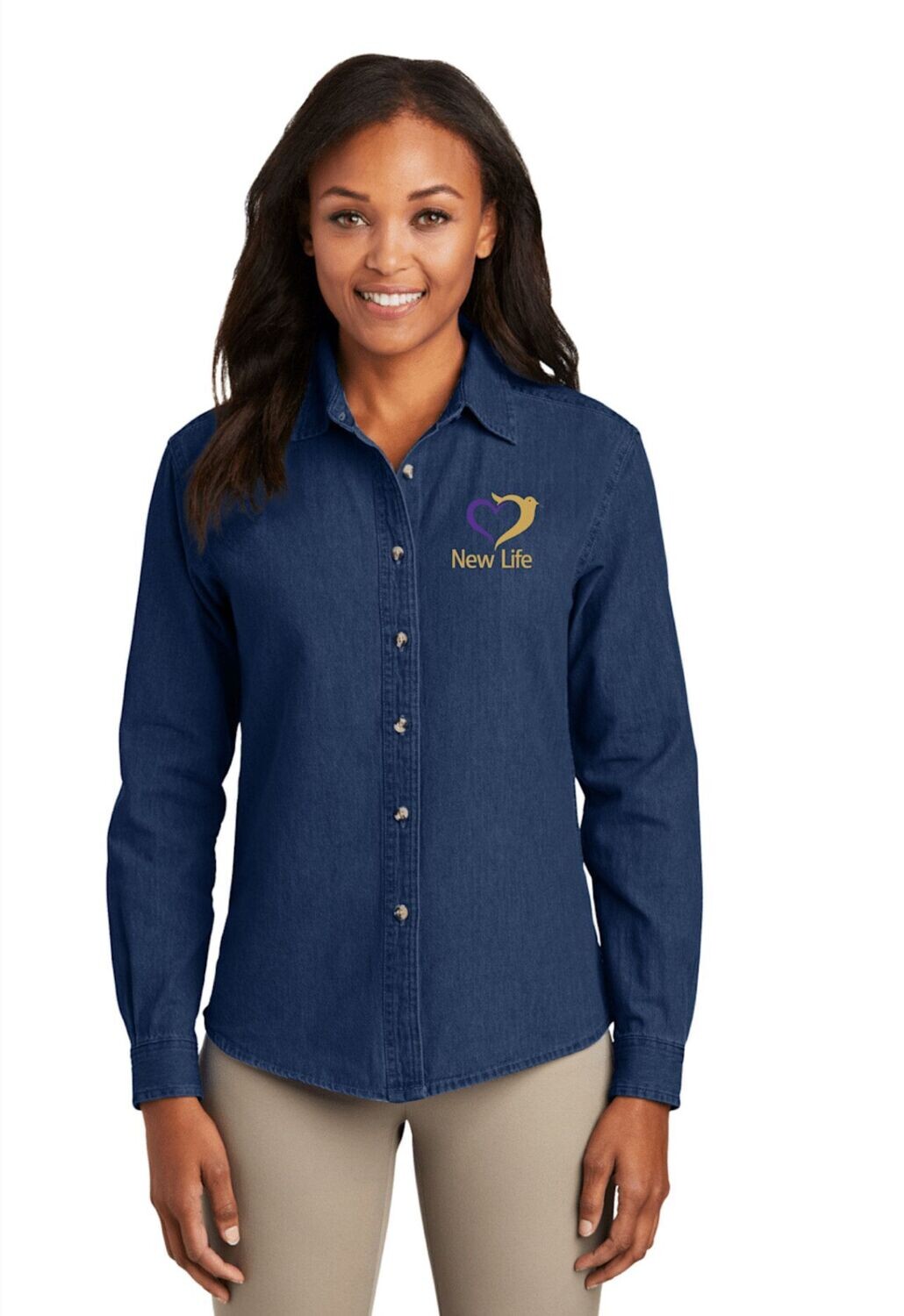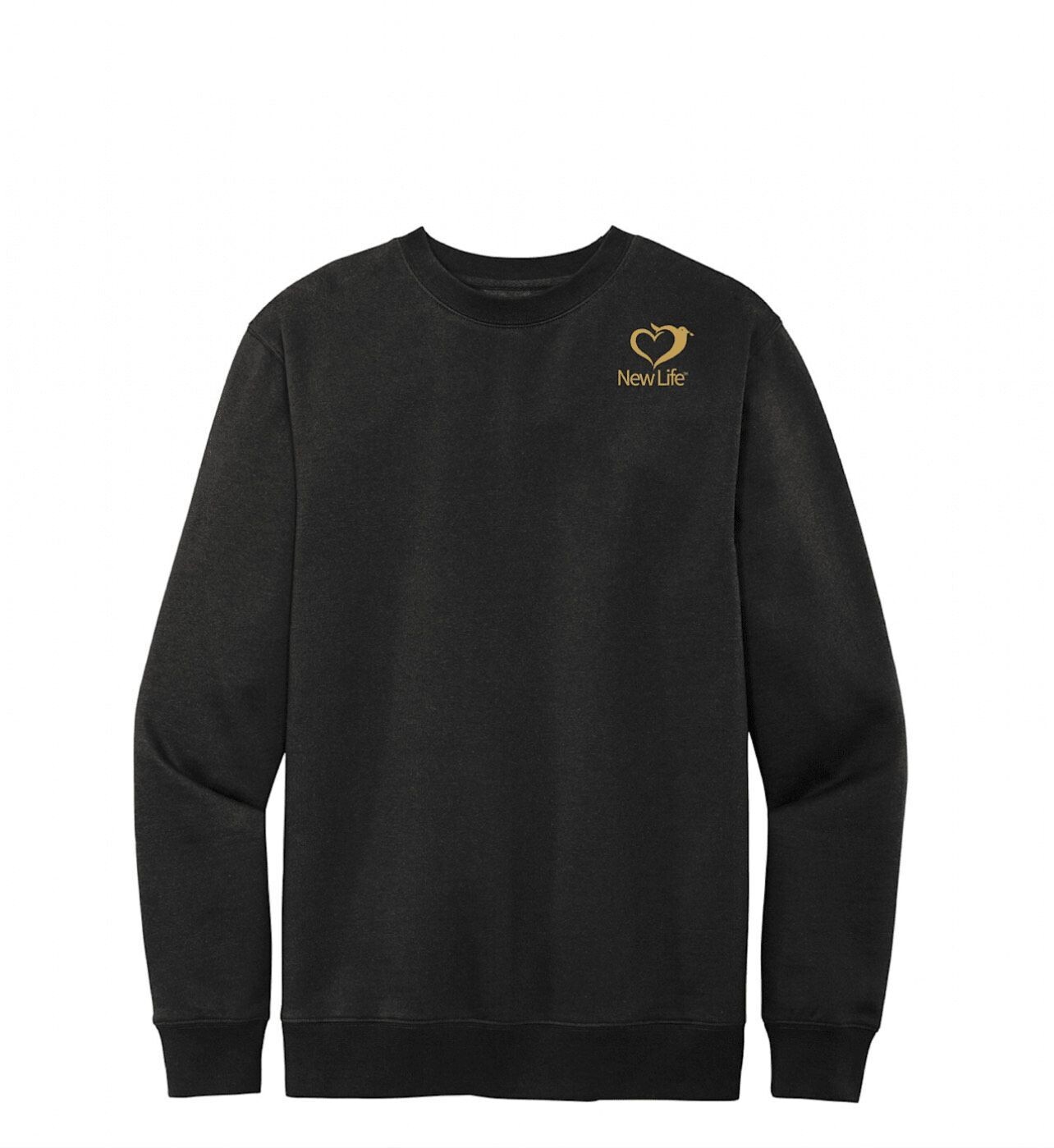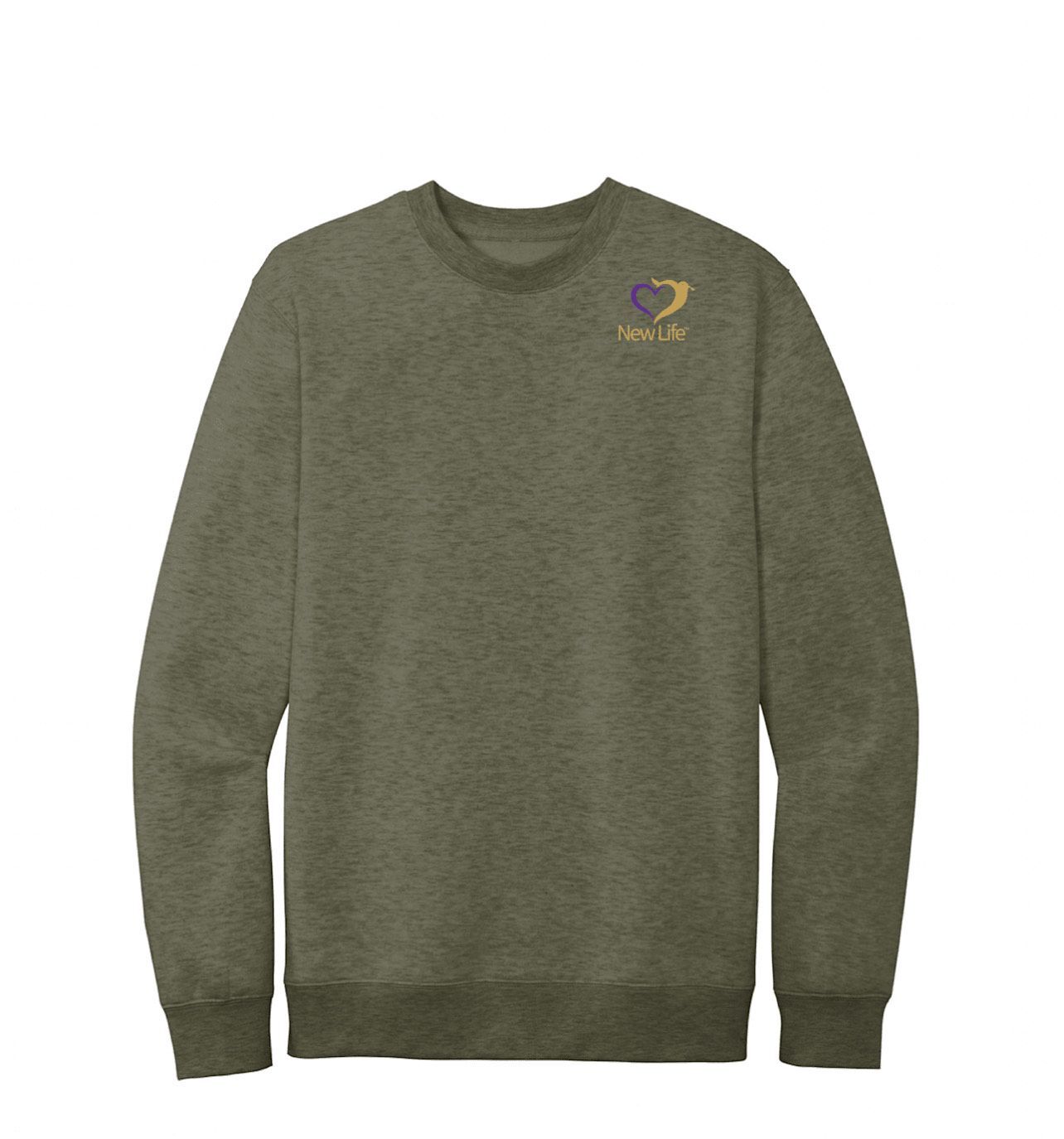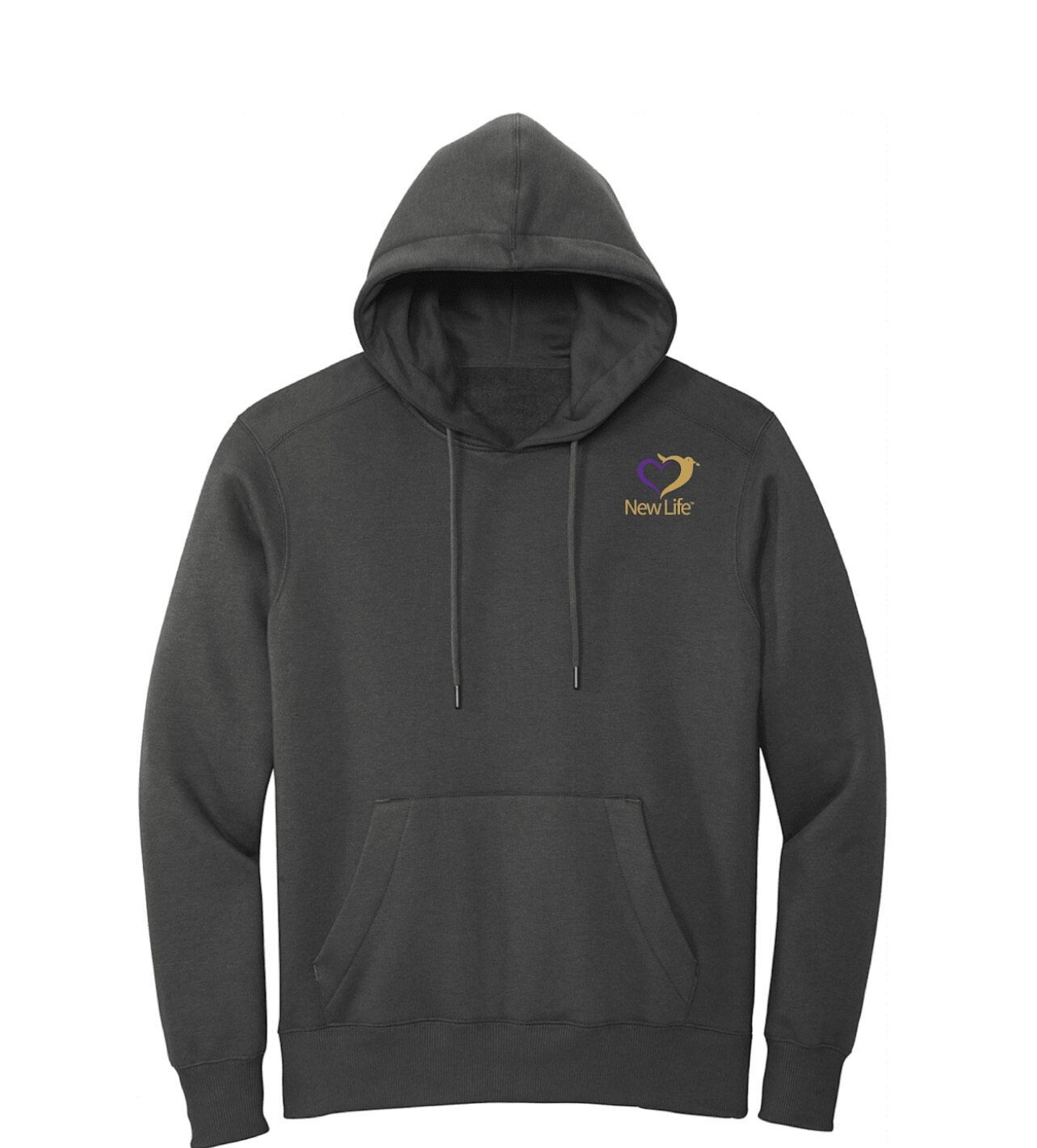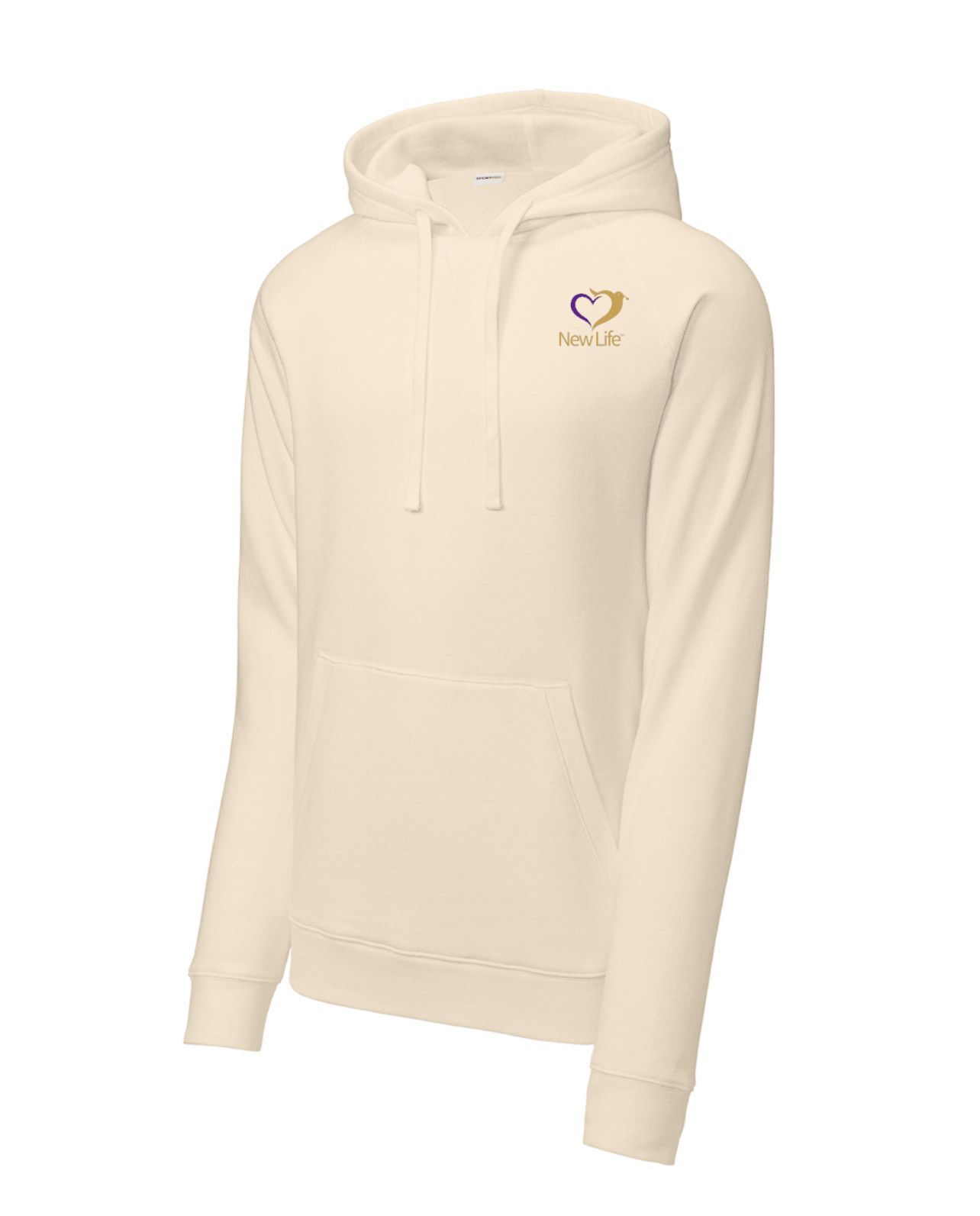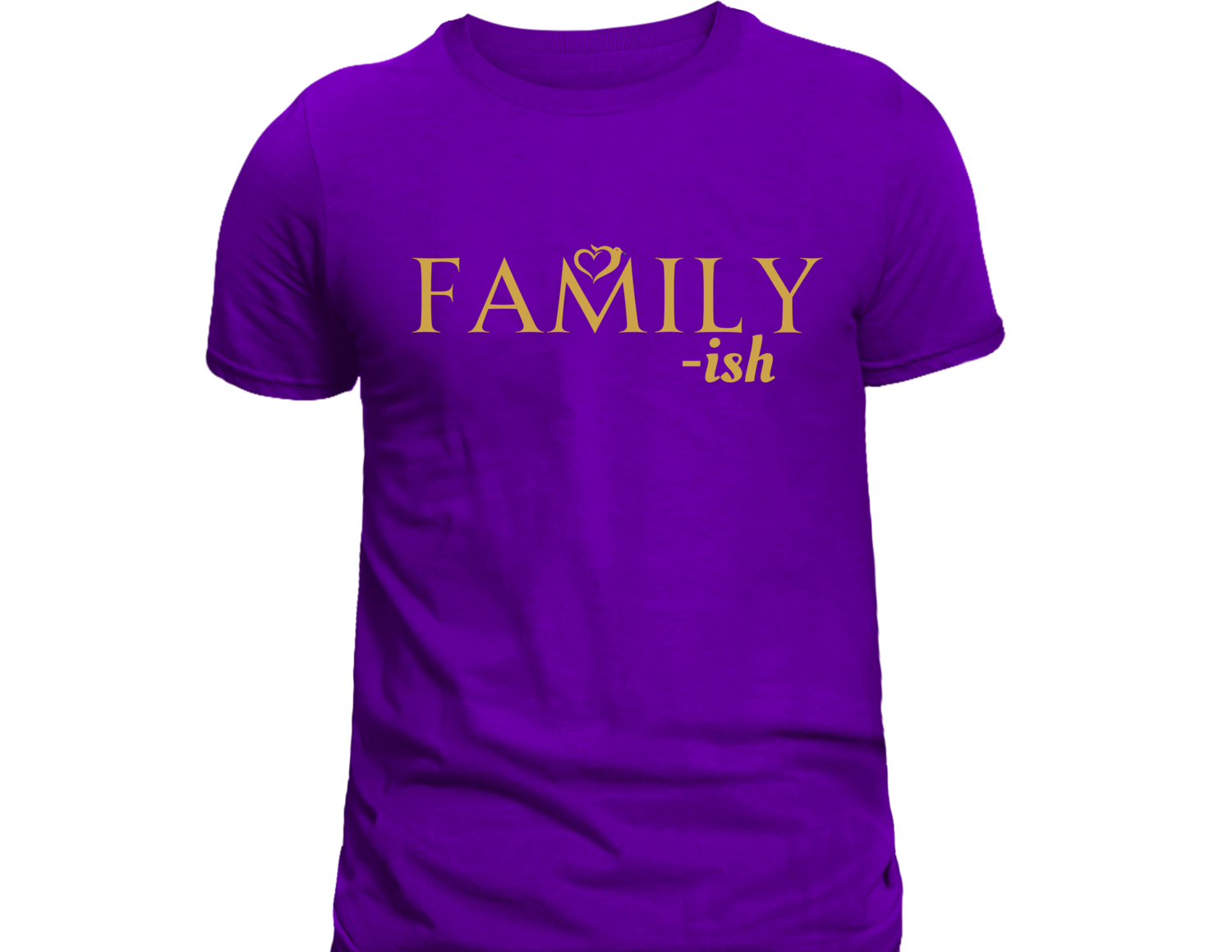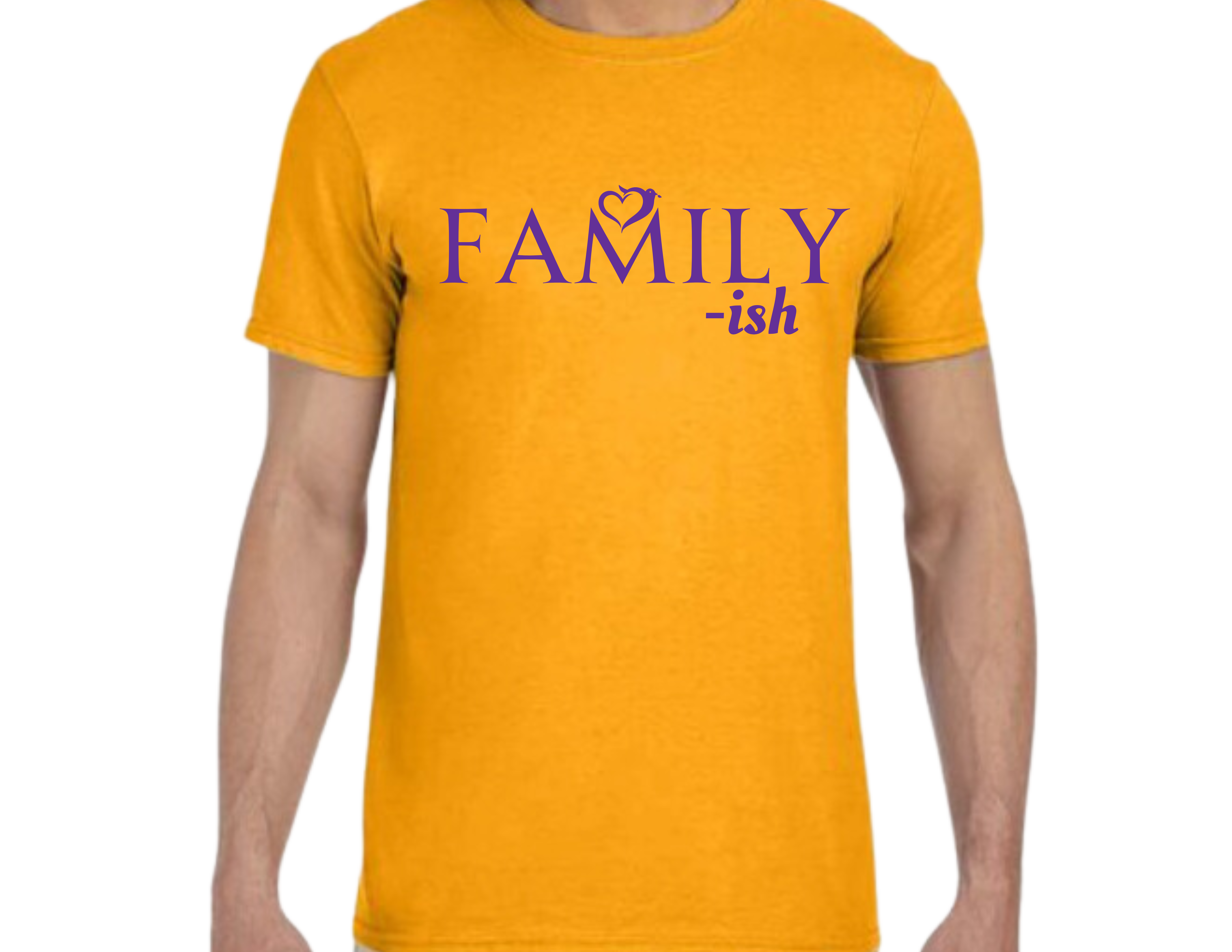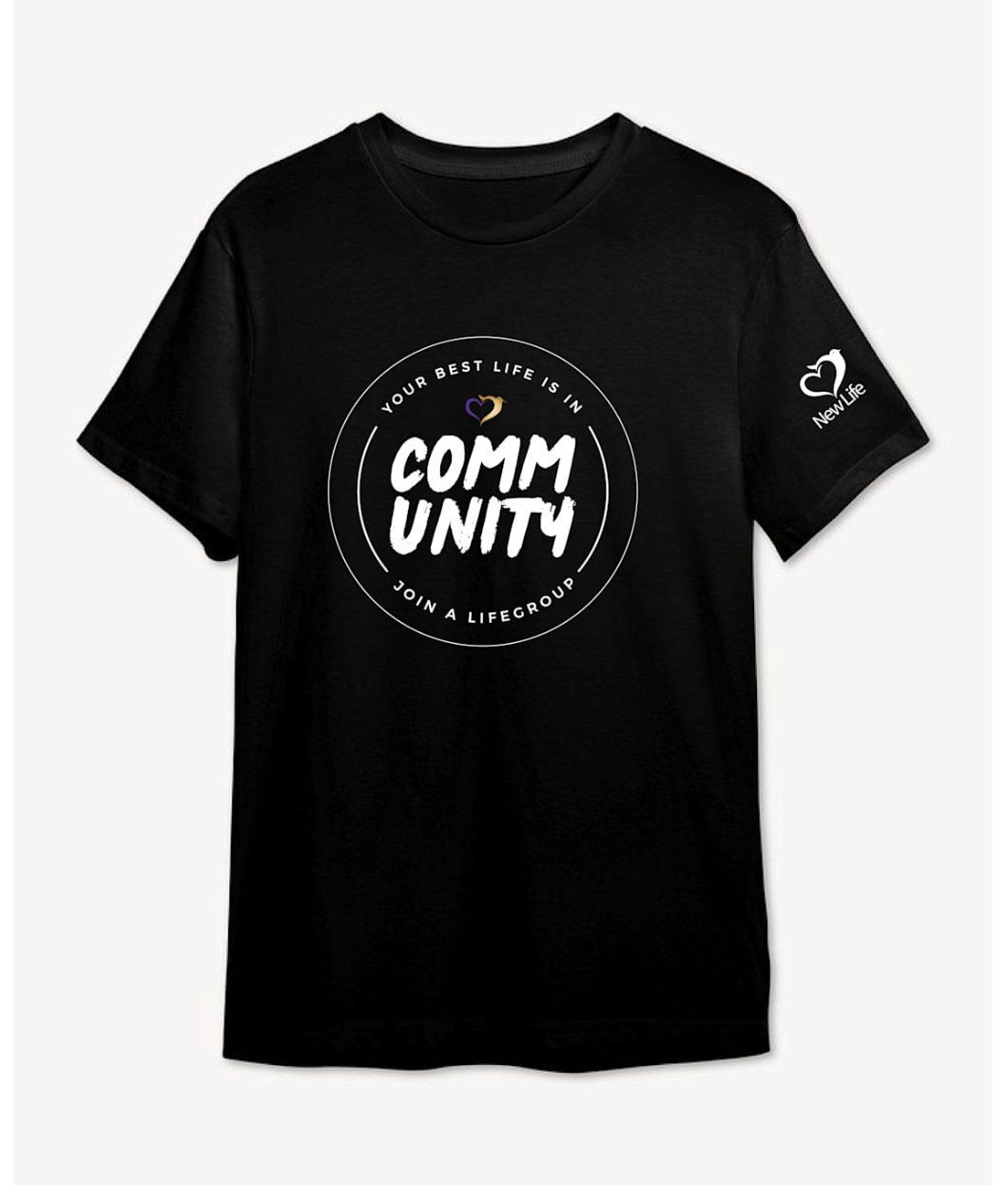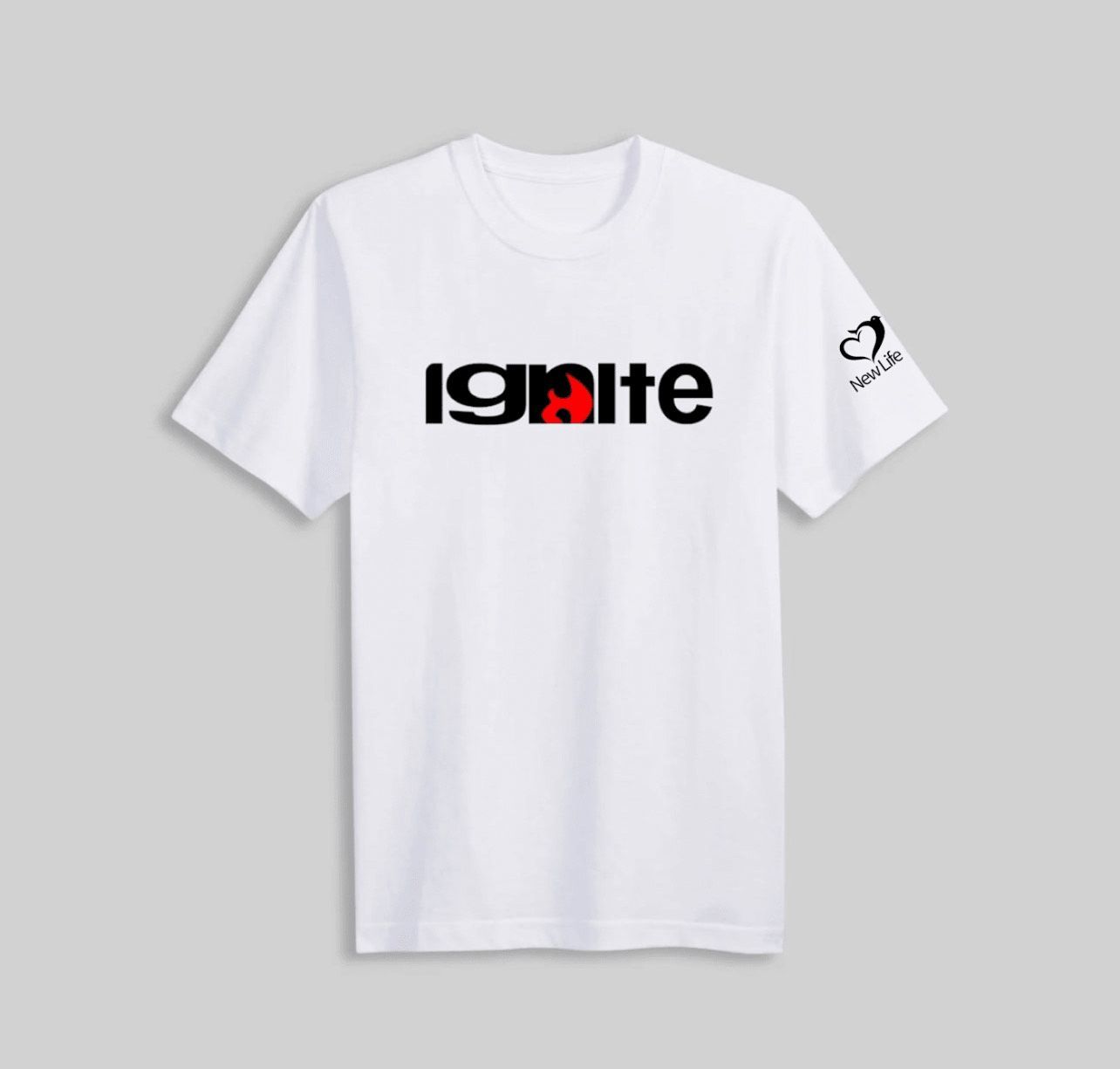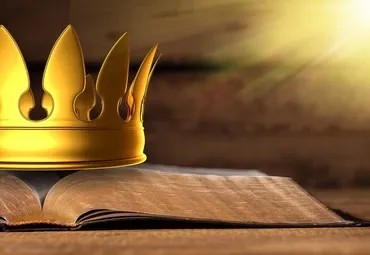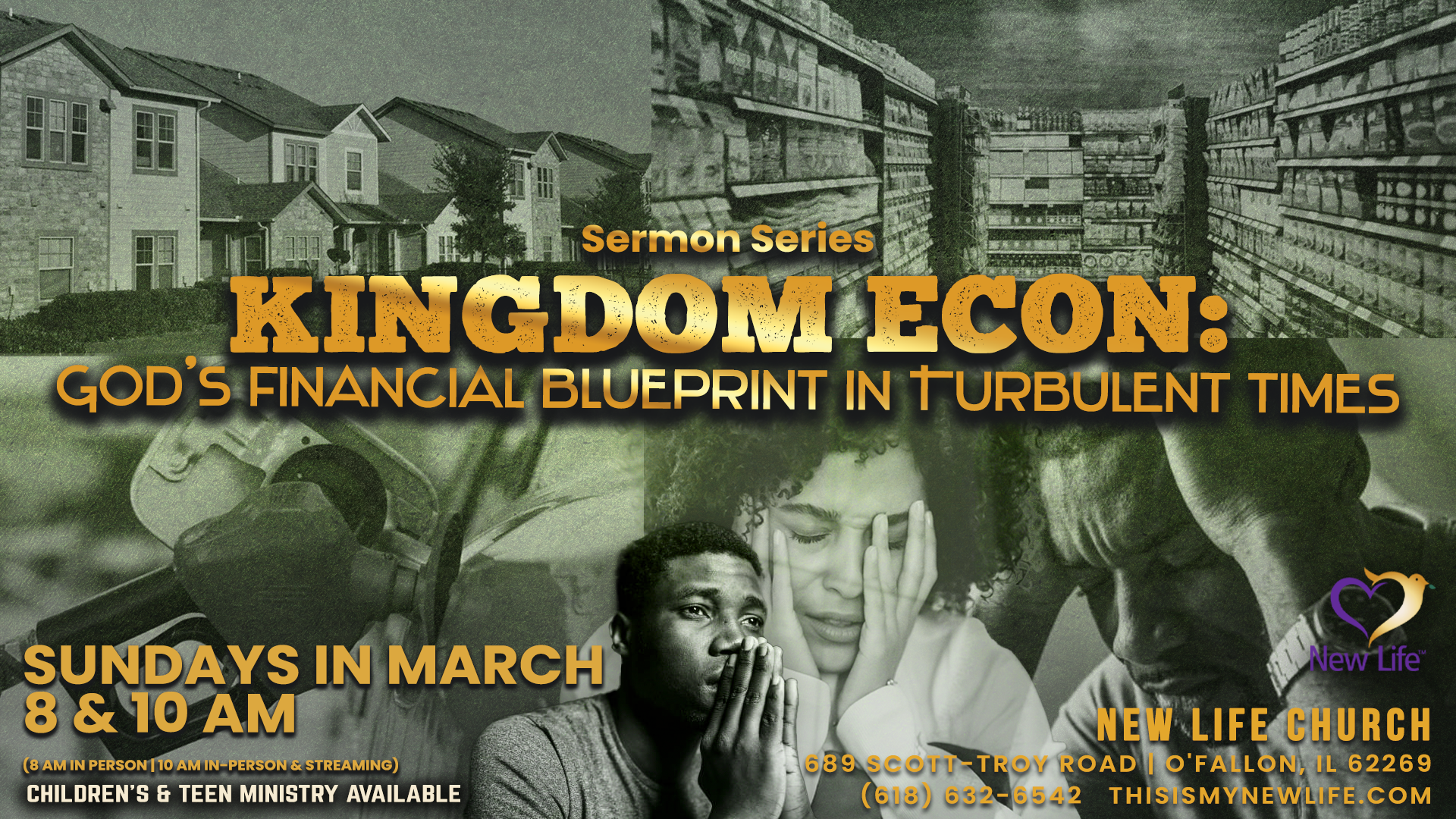September 1st Fight With Your Faith Pt 4 Inheritance
Fight With Your Faith Pt 4 Inheritance
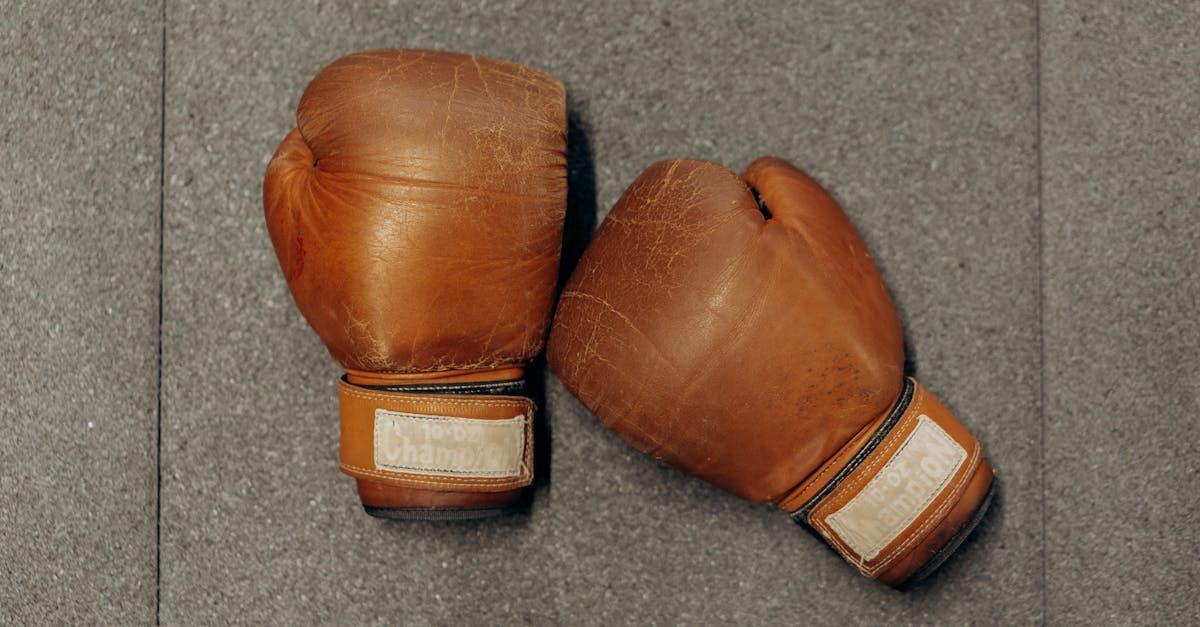
Pericope: Exodus 11:2, 12:33-36, 40 (ESV) 2 Speak now in the
hearing of the people, that they ask, every man of his neighbor
and every woman of her neighbor, for silver and gold jewelry.”
33 The Egyptians were urgent with the people to send them out of
the land in haste. For they said, “We shall all be dead.” 34 So the
people took their dough before it was leavened, their kneading
bowls being bound up in their cloaks on their shoulders. 35 The
people of Israel had also done as Moses told them, for they
had asked the Egyptians for silver and gold jewelry and for
clothing. 36 And the Lord had given the people favor in the sight of
the Egyptians, so that they let them have what they asked. Thus
they plundered the Egyptians. 40 The time that the people of Israel
lived in Egypt was 430 years.
Sermon Text: Exodus 12:36 (ESV) 36 And the Lord had given the
people favor in the sight of the Egyptians, so that they let them
have what they asked. Thus they plundered the Egyptians.
Sermon Title: Fight With Your Faith Pt 4 Inheritance
Point 1: Faith Tradition (Inheritance) Exodus 12:14 (ESV) 14 “This
day shall be for you a memorial day, and you shall keep it as a
feast to the Lord; throughout your generations, as a statute
forever, you shall keep it as a feast.
The Passover meal, also known as the Seder, includes specific
foods that are rich in symbolism, each representing an aspect of
the Israelites' Exodus from Egypt. Here are the key ingredients
and their meanings:
1. Matzah (Unleavened Bread):
- Meaning: Matzah symbolizes the haste with which the
Israelites left Egypt, not having time to let their bread rise. It
represents humility and the unleavened state of the soul, free
from pride and arrogance.
2. Maror (Bitter Herbs, usually horseradish or romaine lettuce):
- Meaning The bitter herbs symbolize the bitterness and
harshness of the slavery that the Israelites endured in Egypt.
3. Charoset (A mixture of apples, nuts, wine, and spices):
- Meaning: Charoset represents the mortar used by the
Israelites when they were enslaved to build structures for the
Egyptians. Its sweet taste symbolizes the hope and sweetness
that the future held for the Israelites, despite their bitter past.
4. Karpas (Vegetable, usually parsley or celery, dipped in
saltwater):
- Meaning: The karpas represent the initial flourishing of the
Israelites during the early years in Egypt. The saltwater into which
it is dipped symbolizes the tears shed by the Israelites during their
enslavement.
5. Zeroa (Shank Bone of a Lamb):
- Meaning: The shank bone represents the Paschal lamb, which
was sacrificed the night before the Exodus. This lamb was
roasted and eaten by the Israelites as part of the first Passover
meal, and the blood of the lamb was used to mark the doorposts
of their homes, protecting them from the final plague.
6. Beitzah (Roasted Egg):
- Meaning: The egg symbolizes both mourning and new life. It
represents the loss of the Temple in Jerusalem and the sacrificial
offerings that could no longer be made there. It also symbolizes
the cycle of life, renewal, and hope.
7. Wine (Four Cups):
- Meaning: The four cups of wine represent the four expressions
of deliverance promised by God in Exodus 6:6-7: "I will bring you
out," "I will deliver you," "I will redeem you," and "I will take you to
be My people." Some traditions also include a fifth cup for Elijah
the Prophet, symbolizing future redemption.
Point 2: The development of faith (Inheritance) Ex. 3: 22 but each
woman shall ask of her neighbor, and any woman who lives in her
house, for silver and gold jewelry, and for clothing. You shall put
them on your sons and on your daughters. So you shall plunder
the Egyptians.”; 11:2-3 - 2 Speak now in the hearing of the people,
that they ask, every man of his neighbor and every woman of her
neighbor, for silver and gold jewelry.” 3 And the Lord gave the
people favor in the sight of the Egyptians. Moreover, the man
Moses was very great in the land of Egypt, in the sight of
Pharaoh's servants and in the sight of the people.;
12:35-36 - 35 The people of Israel had also done as Moses told
them, for they had asked the Egyptians for silver and gold jewelry
and for clothing. 36 And the Lord had given the people favor in the
sight of the Egyptians, so that they let them have what they
asked. Thus they plundered the Egyptians.
Exodus 12: 40 - 41 40 The time that the people of Israel
lived in Egypt was 430 years. 41 At the end of 430 years, on that
very day, all the hosts of the Lord went out from the land of Egypt.
Point 3: The development of faith (inheritance) Exodus 25:2,3
(ESV) 2 “Speak to the people of Israel, that they take for me a
contribution. From every man whose heart moves him you shall
receive the contribution for me.
Point 4: The test of faith (Inheritance) Exodus 32: 1-3 (ESV)
32 When the people saw that Moses delayed to come down from
the mountain, the people gathered themselves together to Aaron
and said to him, “Up, make us gods who shall go before us. As for
this Moses, the man who brought us up out of the land of Egypt,
we do not know what has become of him.” 2 So Aaron said to
them, “Take off the rings of gold that are in the ears of your wives,
your sons, and your daughters, and bring them to me.” 3 So all the
people took off the rings of gold that were in their ears and
brought them to Aaron.
Life Application:
1. Develop a faith inheritance and pass it on
2. Destroy all of your golden calves (debt)
3. Double down with determination on your faith
